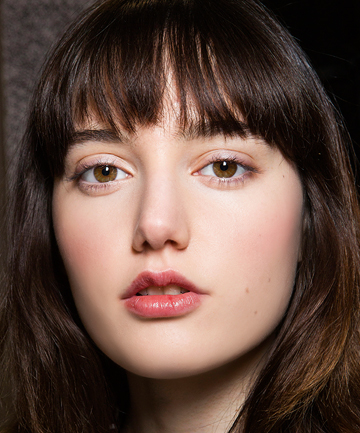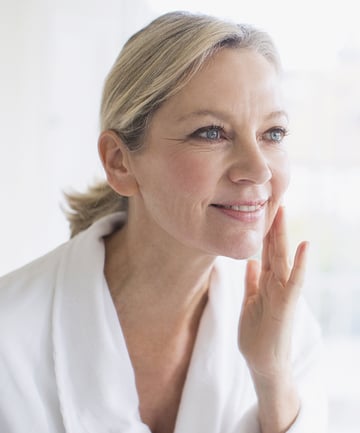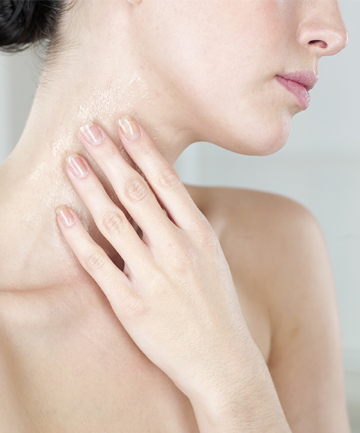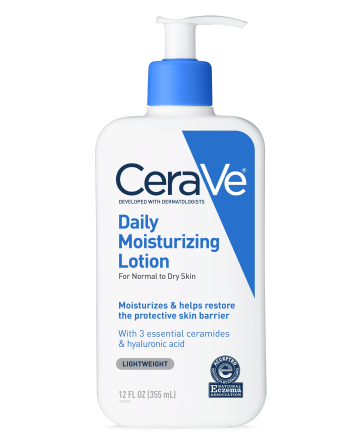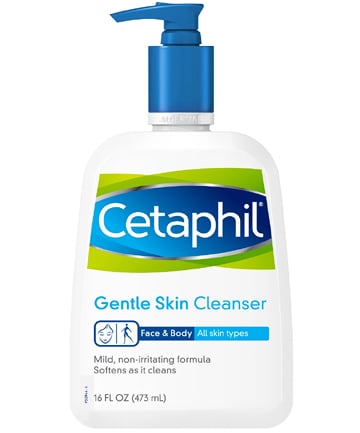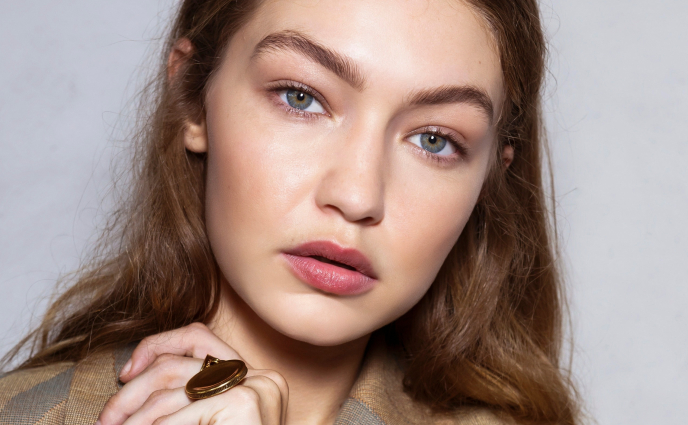You may have spotted the term "non-comedogenic" on the labels of some of your favorite skin care products, but you may be a tiny bit foggy on what it actually means... which is why we caught up with top dermatologists on the subject.
"Non-comedogenic products are products that are safe for acne-prone skin," says board-certified dermatologist and member of the American Academy of Dermatology, Dr. Yoram Harth. He further explains that these products contain ingredients that will not clog the pores and will not cause more blackheads or whiteheads.
Scientist and anti-aging authority Dr. Kan Cao, Ph.D adds that this makes them "great for all skin types," also noting that that non-comedogenic products (especially skin care), are great to help detoxify, smooth, hydrate and prevent unwanted build-up on the skin.
Got more questions about the ins and outs of non-comedogenic skin care products? Dr. Harth and Dr. Cao (and a few more dermatologists) are here to explain it all. We've also included several of our favorite, dermatologist-approved non-comedogenic skin care products — so keep reading for the full scoop.
Image via Imaxtree
"The best way to spot a non-comedogenic product is to look for products that clearly labeled non-comedogenic or use only non-comedogenic ingredients," Dr. Harth explains.
But if you are a little intimidated by reading through long and complicated labels, he recommends using CosDNA, a great free tool to analyze the make up of a product. Just paste the ingredients of your specific product into the box and look for the acne score: The higher the number, the more comedogenic it is (Dr. Harth recommends avoiding products with acne scores of 4 and higher).
Image via Hoxton/Sam Edwards/Hoxton/Getty
Dr. Harth says that certain comedogenic skin care ingredients are more common than you think. Take for instance, algae extract, which is commonly used in concealers: According to Dr. Harth, it's actually a highly comedogenic ingredient. Similarly, he suggests that almond oil should also be avoided. While it may safe for use as a body moisturizer, he explains that this ingredient is comedogenic and should not be used on the face.
Lanolin is another comedogenic to look out for, as Dr. Harth notes that it is commonly used in cosmetics and skin care products as a skin protectant and moisturizer. "Look on the label acetylated lanolin alcohol, ethoxylated lanolin or PEG 16 lanolin," he cautions.
So, now that you know what to avoid... keep on reading for a few derm-approved non-comedogenic skin care products.
Image via Luxy Images/Luxy/Getty
"This lightweight, non-greasy moisturizer contains ceramides," says New York City-based dermatologist Dr. Howard D. Sobel. "This helps improve the skin's natural barrier without clogging pores or irritating skin."
"This cleanser is free of scents and dyes that can irritate skin," says board-certified dermatologist Dr. Sonia Batra, MD. She also adds that the fatty alcohols in this cleanser help to gently remove dirt and oil while coating the skin to prevent dryness.


